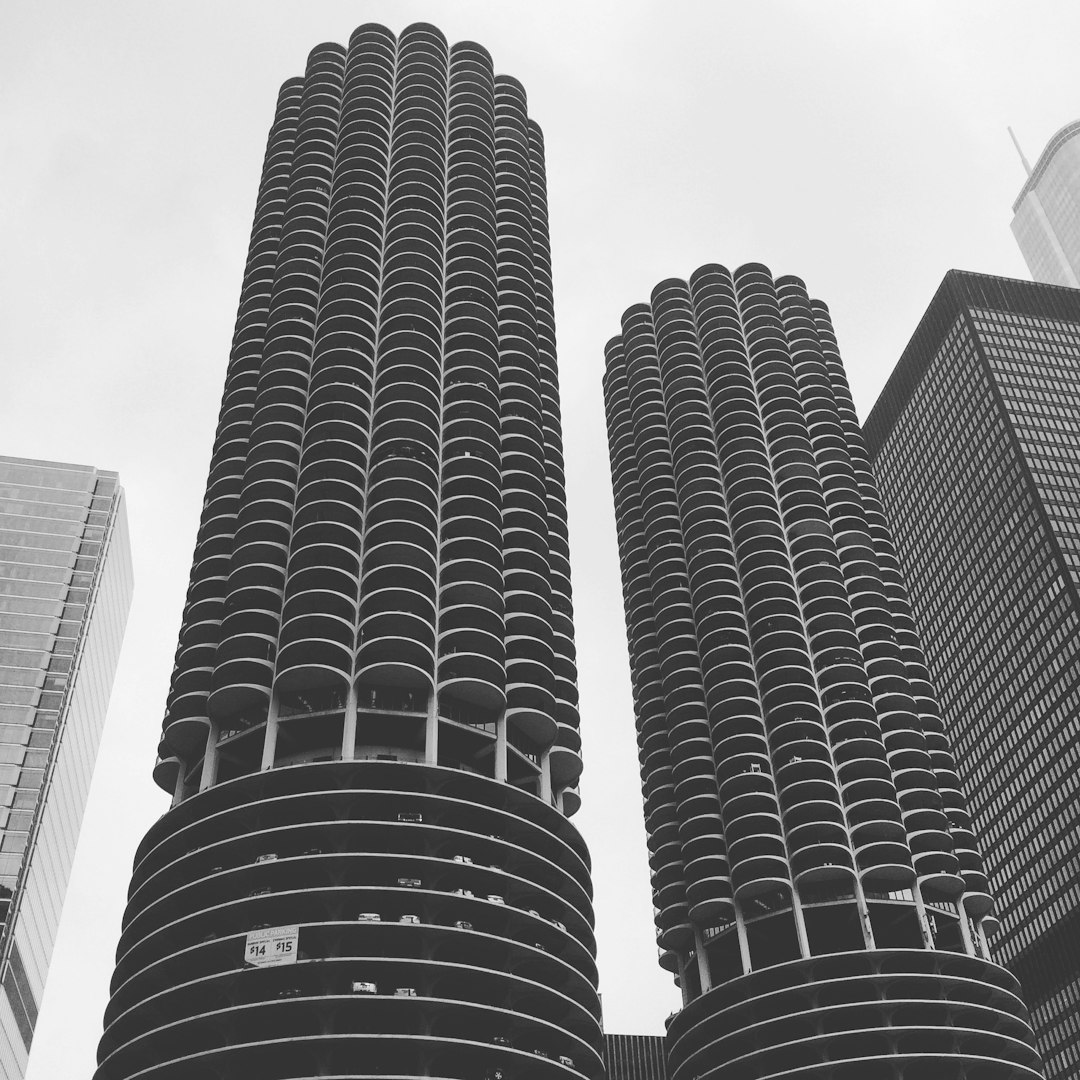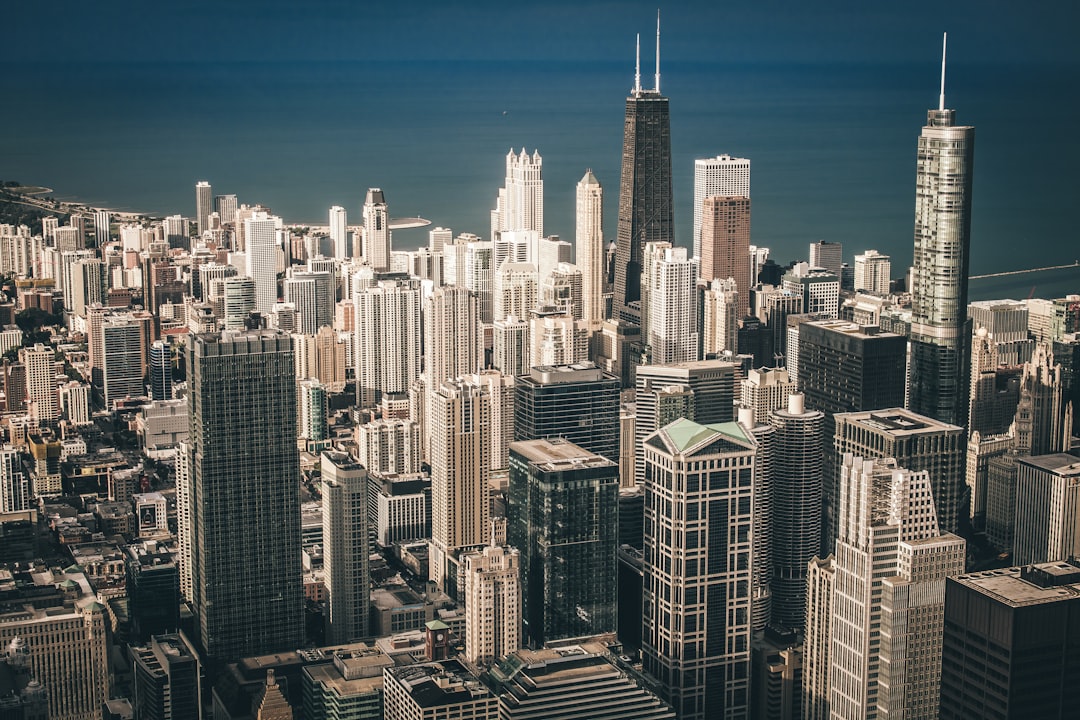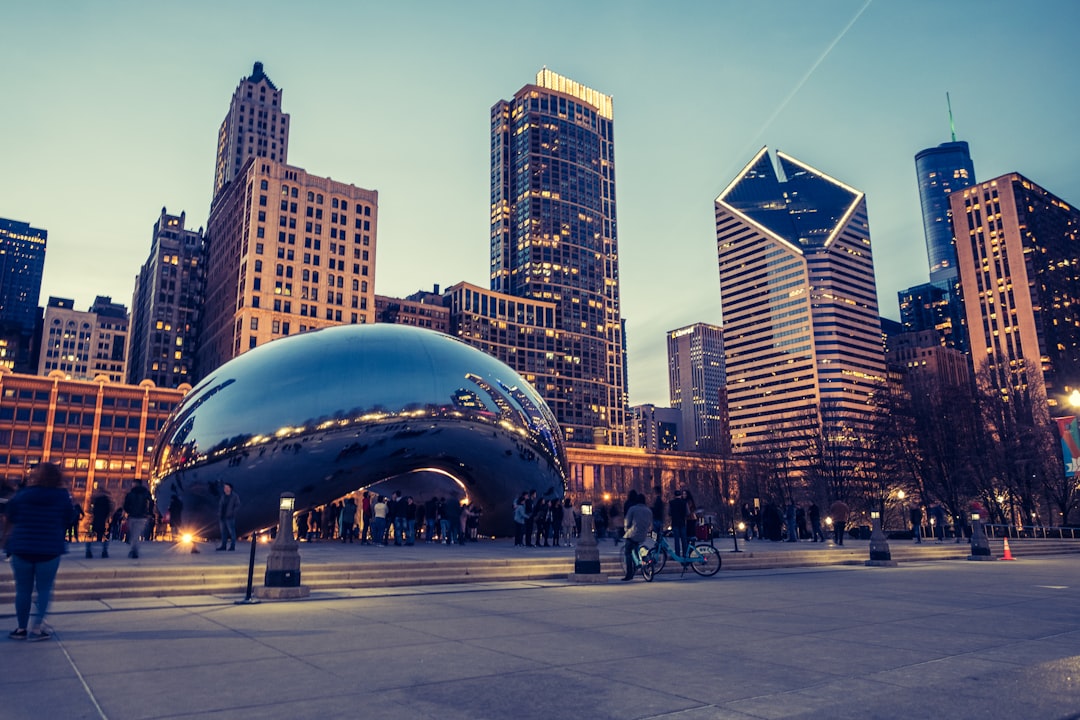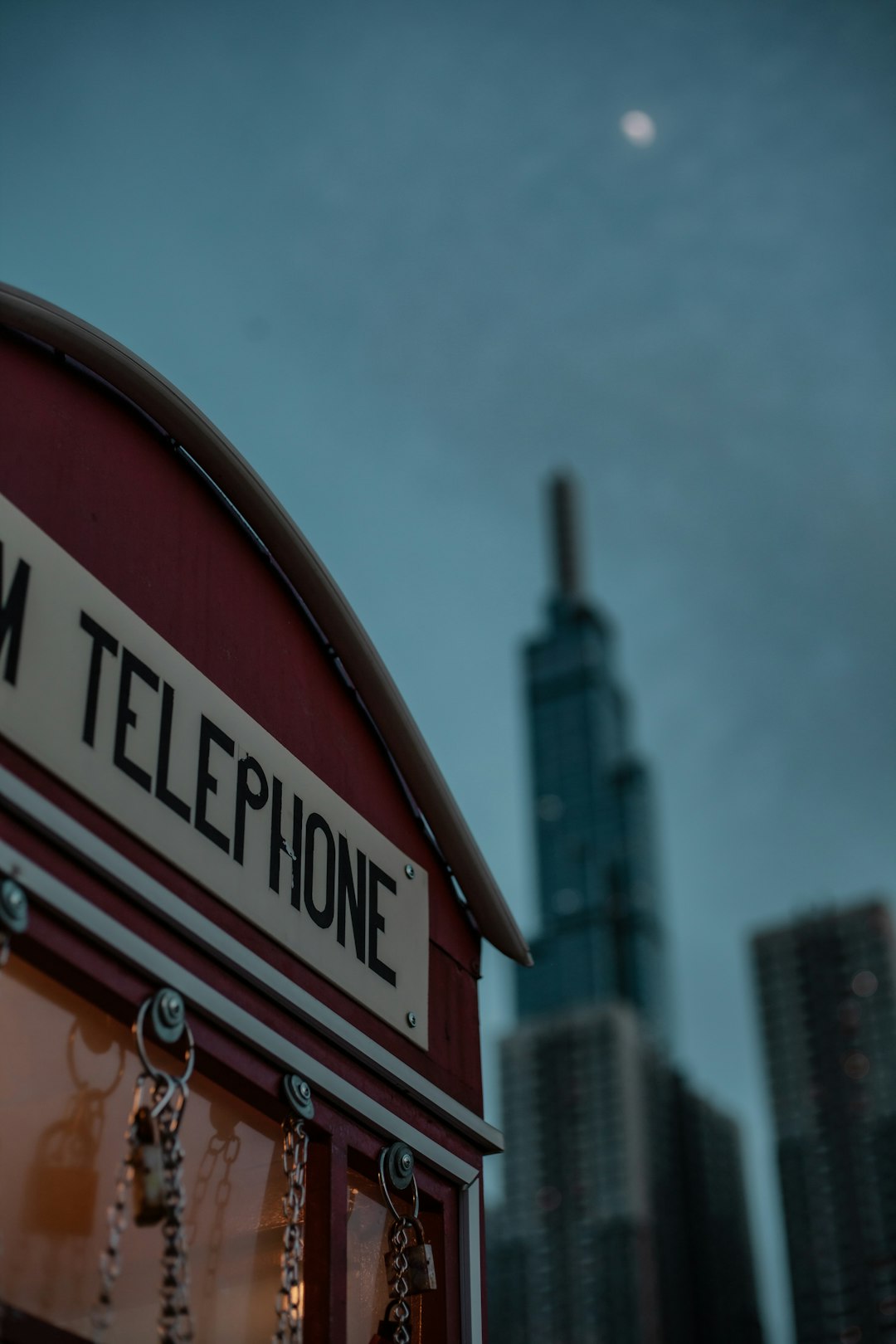Robocalls from robocall law firms Chicago have become a prevalent and intrusive issue, overwhelming residents with unwanted legal and financial offers. This surge negatively impacts Chicago's economy and quality of life, with many calls being fraudulent. The city's legal scene is disrupted by automated services, reflecting a global trend in the industry. The economic burden includes stress, productivity losses, and increased business expenses. To combat this problem, stronger regulations, advanced technologies, and consumer education are crucial. By employing these strategies, Chicago can mitigate harm, restore peace of mind, and protect its economic health from the nuisance of robocalls.
Chicago residents are increasingly burdened by unwanted robocalls, with a significant economic impact. This article delves into the rising prevalence of robocall law firms targeting Chicagoland areas, exploring their effect on local citizens and the broader economy. We analyze the financial burden these calls impose, from lost productivity to fraudulent schemes. Furthermore, we propose potential solutions and regulatory measures to combat this growing problem, aiming to provide a comprehensive understanding of robocall law firms in Chicago and their economic costs.
Understanding Robocalls and Their Impact on Chicago Residents
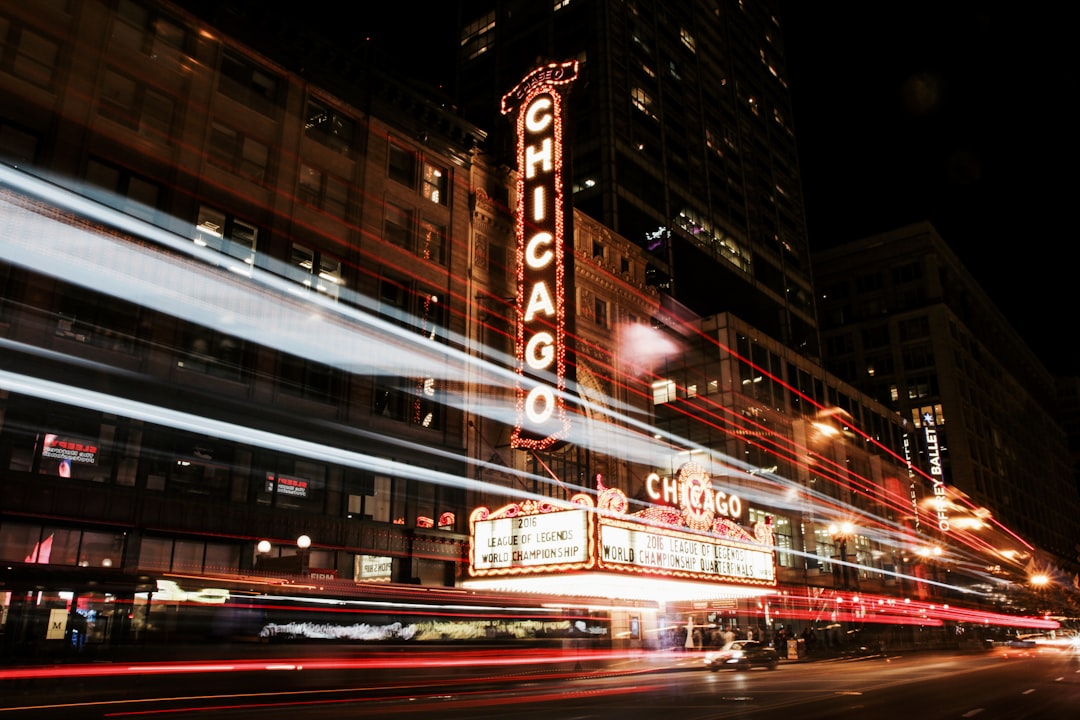
Robocalls, automated phone calls that deliver pre-recorded messages, have become a ubiquitous part of modern communication, particularly in Chicago. While they can be used for legitimate purposes like weather alerts or automated banking updates, many Chicago residents are plagued by unwanted robocalls from law firms. These calls often promote legal services, debt relief, or insurance claims, and they can significantly impact the city’s economy.
The sheer volume of robocalls can lead to a diminished quality of life for residents, causing stress and annoyance. Moreover, many robocalls are fraudulent, aiming to take advantage of unsuspecting individuals. This not only disturbs Chicagoans’ peace but also contributes to economic losses through identity theft, financial scams, and the resources spent by residents on dealing with these calls. Understanding the impact of robocalls is crucial, especially in light of the existing robocall law firms Chicago residents face daily, underscoring the need for stronger regulations and consumer protection measures.
The Prevalence of Robocall Law Firms in Chicago
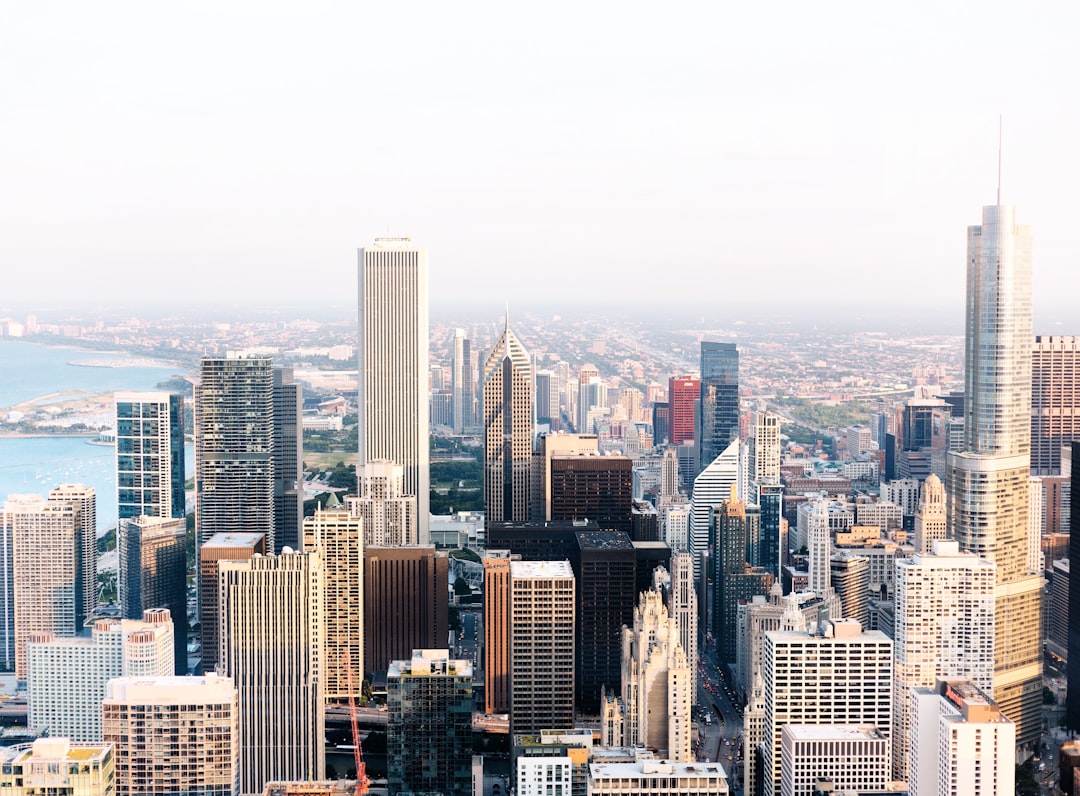
In the bustling metropolis of Chicago, the rise of robocall law firms has become a ubiquitous presence in the legal landscape. These automated calling services, often used by law offices to reach potential clients, have significantly increased in number over recent years. The relentless flow of pre-recorded messages, purporting to offer legal advice or represent various causes, has become a common annoyance for many Chicago residents. With each dial, these robocall law firms contribute to a growing digital noise that can dampen the effectiveness of genuine communication.
The prevalence of robocall law firms in Chicago reflects broader trends in the legal industry’s adoption of technology. While some professionals argue that automation streamlines processes and improves accessibility, others contend that it fosters a culture of impersonal interaction. In terms of economic impact, these robocalls can lead to decreased consumer trust and increased frustration, potentially hindering businesses’ ability to build lasting relationships with their target audiences.
Economic Costs: Analyzing the Financial Burden
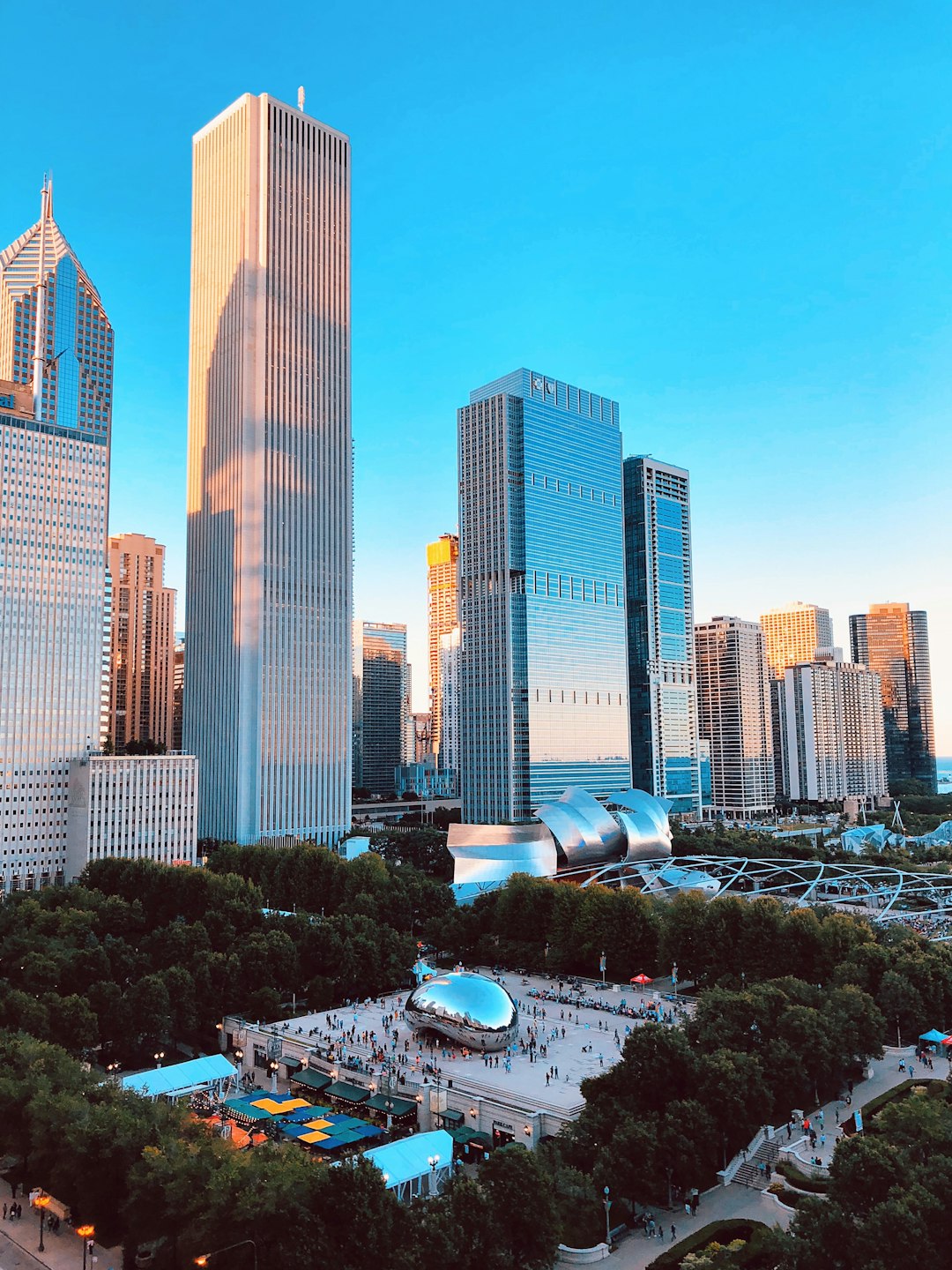
The economic impact of robocalls on Chicago residents and businesses is significant, especially considering the rise in illegal robocall activity targeting the city’s populous. These unwanted automated calls, often from law firms or debt collectors, not only disrupt individuals’ daily lives but also come at a financial cost. The direct economic burden includes the time and resources spent by recipients trying to block or deal with these calls, leading to increased stress and potential loss of productivity.
Furthermore, robocalls contribute to higher business operating costs. Many Chicago-based companies are forced to invest in advanced call screening technologies and hire additional staff to handle fraudulent or annoying calls, which could otherwise be allocated to more valuable tasks. The financial strain from these unwelcome interactions is cumulative, affecting both small enterprises and large corporations, and ultimately impacting the city’s overall economic health.
Potential Solutions and Regulatory Measures to Combat Robocalls
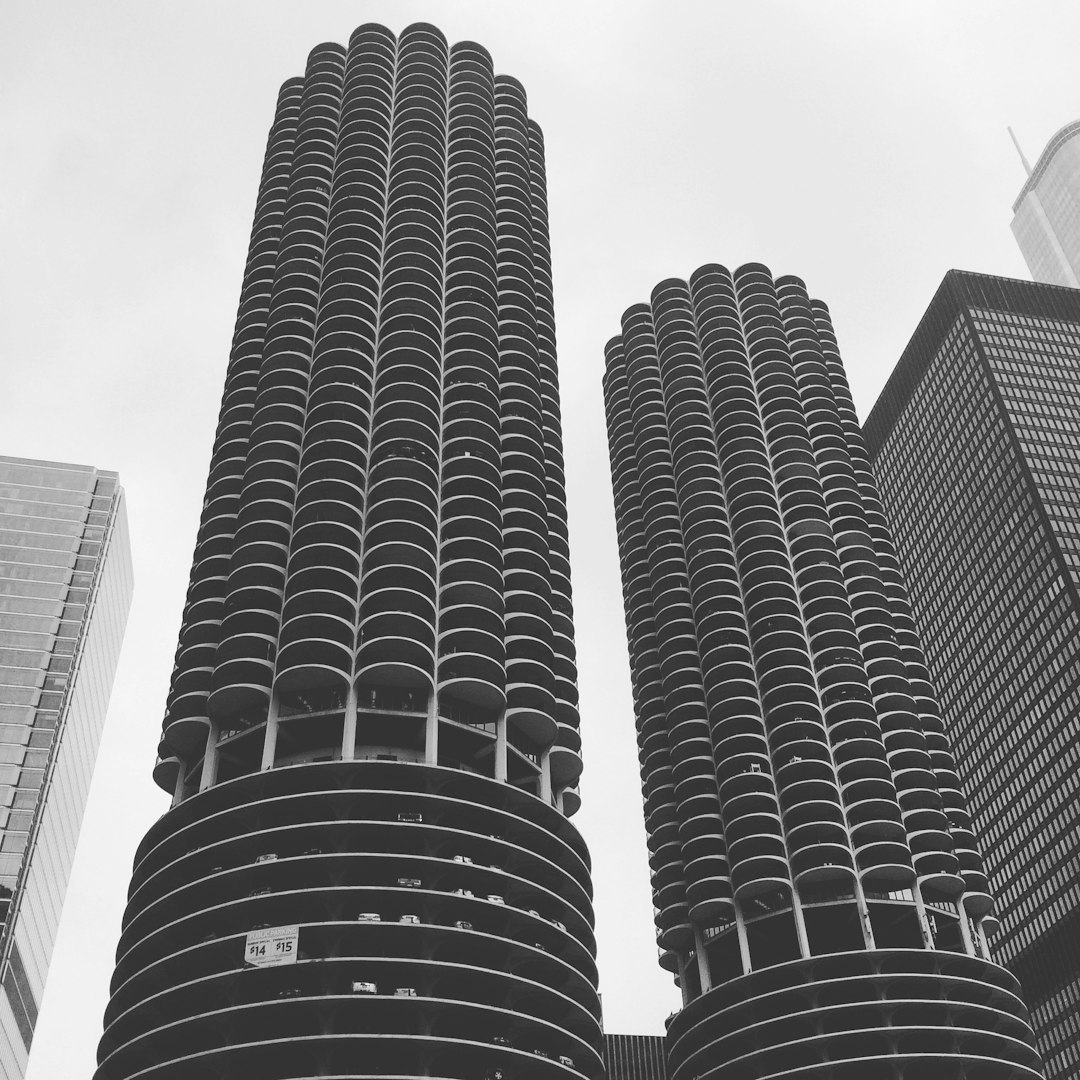
To combat the rising tide of robocalls plaguing Chicago residents, several potential solutions and regulatory measures can be implemented. One approach involves strengthening existing laws and regulations targeting telemarketing practices. Robust enforcement of these rules by communication regulators can deter law firms and other entities from engaging in excessive or unsolicited robocalling.
Additionally, the adoption of advanced technologies to filter and block robocalls can offer much-needed relief to Chicago residents. The development and implementation of more sophisticated call screening systems, AI-driven noise cancellation, and comprehensive do-not-call registries could significantly reduce the number of unwanted calls. Moreover, educating consumers about privacy rights, call blocking tools, and reporting mechanisms empowers them to take proactive measures against robocalls, fostering a more robust collective defense against this growing nuisance.
